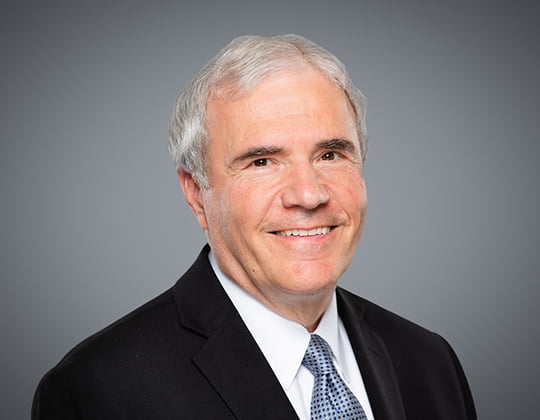The City of Toronto’s computer leasing scandal unfolded nearly a decade ago, but its impact continues to be felt today as the City puts procedures in place to minimize the chances of such a scandal recurring.
YOU MAY BE A LOBBYIST
If you have dealings with City of Toronto employees, or elected officials and their staff, you must now register as a lobbyist before making any communication on behalf of your clients. The registration requirement applies to a great many professionals who do not consider themselves lobbyists, including lawyers, planners, architects, engineers and many others. It may also apply to in-house lobbyists who are directly employed by organizations who deal with City Hall in the course of their work.
The kinds of communications caught by the by-law are very broad and include any oral, written and electronic communications that relate to a great many areas, including:
- The introduction, development, adoption or repeal of any by-law or other formal decision, policy, program, directive or guideline;
- The approval or denial of any application for a service, grant, planning approval or other license or permission;
- The awarding of any financial contribution, grant or other financial benefit.
- While the by-law is broad in scope, it does contain some key exceptions and some types of communication are excluded from the registration requirement. These exceptions include:
- Communications made in a public forum, such as a deputation at Council or before the Committee of Adjustment;
- Communications with staff assigned to process an application (such as the planner who is processing an application to amend a zoning by-law);
- Communications relating to the submission of a bid as part of a formal procurement process;
- Communications in which you ask for or respond to simple requests for information, materials or directions.
The by-law does not apply to constituents who are communicating with their Councilor about general neighbourhood or public policy issues. It also exempts representatives of municipal, provincial, federal or foreign governments when they are acting in their official capacity, school boards, members of First Nation councils, as well as not-for-profit organizations in most cases.
AN ONGOING REQUIREMENT
Registration is an ongoing requirement and must be undertaken each time lobbying activity on a matter caught by the by-law is about to take place.
While a single registration can cover a series of separate communications on a single subject, the registration must identify each public office holder the lobbyist expects to lobby and the communication methods to be used. If you communicate with a public office holder not listed on your original registration, you must amend your registration to include this person.
The failure to register can result in prosecutions and fines. It might also lead municipal officials to stop communicating, perhaps at a very critical point in the process you have undertaken.
EXPOSURE IS A CONCERN
The lobbyist registry is open to the public and to the media, and clients cannot use solicitor-client or other forms of privilege to skirt these requirements. Not surprisingly, one of the key concerns for those who deal with City Hall is the exposure that the lobbyist registry may bring.
A lobbyist must disclose the client, business or organization that they are working for and the subject matter they are communicating about. This disclosure may also include information about the business’ corporate structure, its subsidiaries and other things normally kept private.
For a client interested in securing a licence, assembling or developing land or doing some other kind of business with the City, this kind of disclosure may not be welcome and could lead to unanticipated competition or unwanted publicity.
Whether the lobbyist registry will address the kinds of problems that were exposed in the MFP inquiry remains uncertain. What is certain is that people who deal with matters caught by the by-law must now engage in a new way of doing business with the City.
